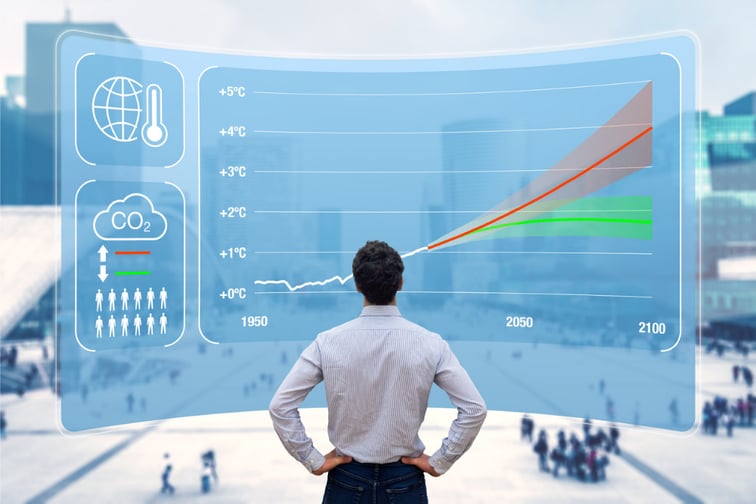

New research from Commonwealth Bank economists has predicted that the global push for increased transparency on climate issues and improved emissions accounting will open the door to more corporate commitments and initiatives on climate change.
According to the new CBA economics report, recent years have seen a marked increase in demand for climate-related information from global investors, as well as a push from certain international regulators to mandate corporate reporting on climate-related risks.
One emerging global standard that has gained wide support from the private sector was the Task Force on Climate Related Financial Disclosures (TCFD) framework. As of October, more than 2,600 organisations globally supported the framework.
In 2020, a record 80 ASX200 companies adopted the TCFD framework for climate-risk reporting, while a further 34 companies have either committed to or are reviewing the framework.
“Support for the TCFD framework has accelerated rapidly both in Australia and abroad, with the number of companies that have endorsed TCFD recommendations increasing by more than four times over the 2017-2020 period,” said Carol Kong, CBA economist and author of the report.
Kong said a shift to mandatory reporting could come with compliance costs, but it is likely that voluntary uptake of the disclosures will continue without regulatory action.
“The rapid uptake of climate reporting has come despite the fact that many jurisdictions, including Australia, have not made this type of reporting mandatory,” Kong said. “Instead, companies are choosing to improve their financial and risk disclosures to meet the strong interest from stakeholders, including investors, employees, business partners, and customers.”
The CBA report said that currently, approximately half of ASX200 companies report on scope 1 emissions, which occur from sources controlled by the organisation, such as owned facilities and vehicles, and scope 2 emissions, which are indirect emissions linked to the purchase of electricity, steam, or cooling for own use. Only half of these companies, however, tap an independent third party to audit or verify their reported emissions.
Companies find it more challenging to report on scope 3 emissions, which come from sources outside of the company’s control, such as from suppliers. Kong said the key to that challenge is accessing relevant data.
But with more companies stepping up their scope 1 and scope 2 reporting, the growing trove of climate-related information will make scope 3 reporting more attainable, Kong said. As companies dig deeper into their suppliers’ data, they’re more likely to partner with their suppliers to find ways to drive down emissions, she said.
“We expect more Australian businesses will introduce or reassess their emissions reduction targets, and in particular, we anticipate more companies to set targets that meaningfully address scope 3 emissions as market-wide emissions accounting and reporting improves,” Kong said.
